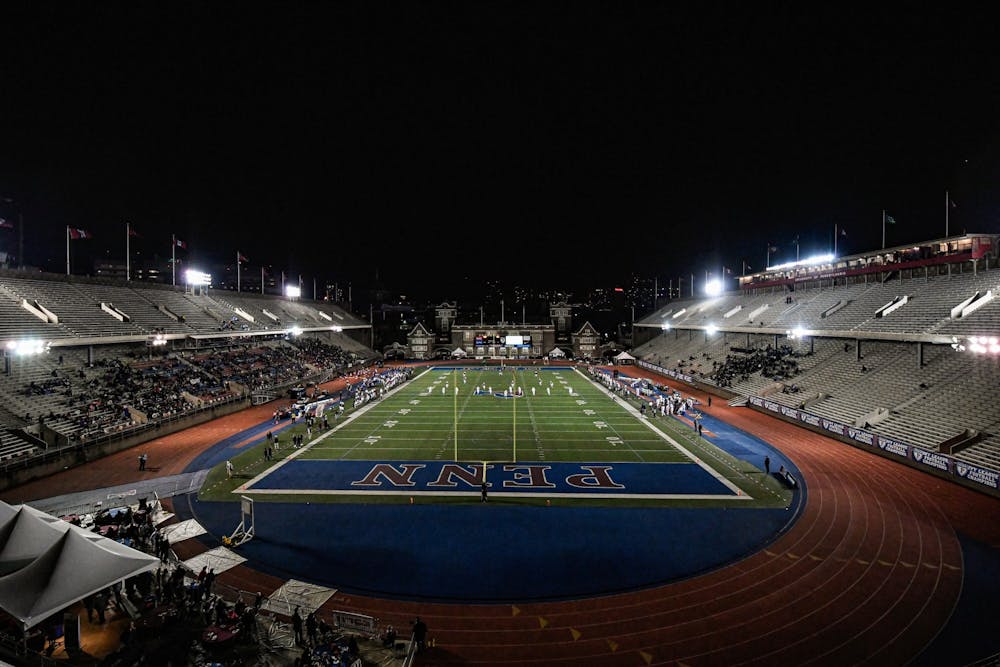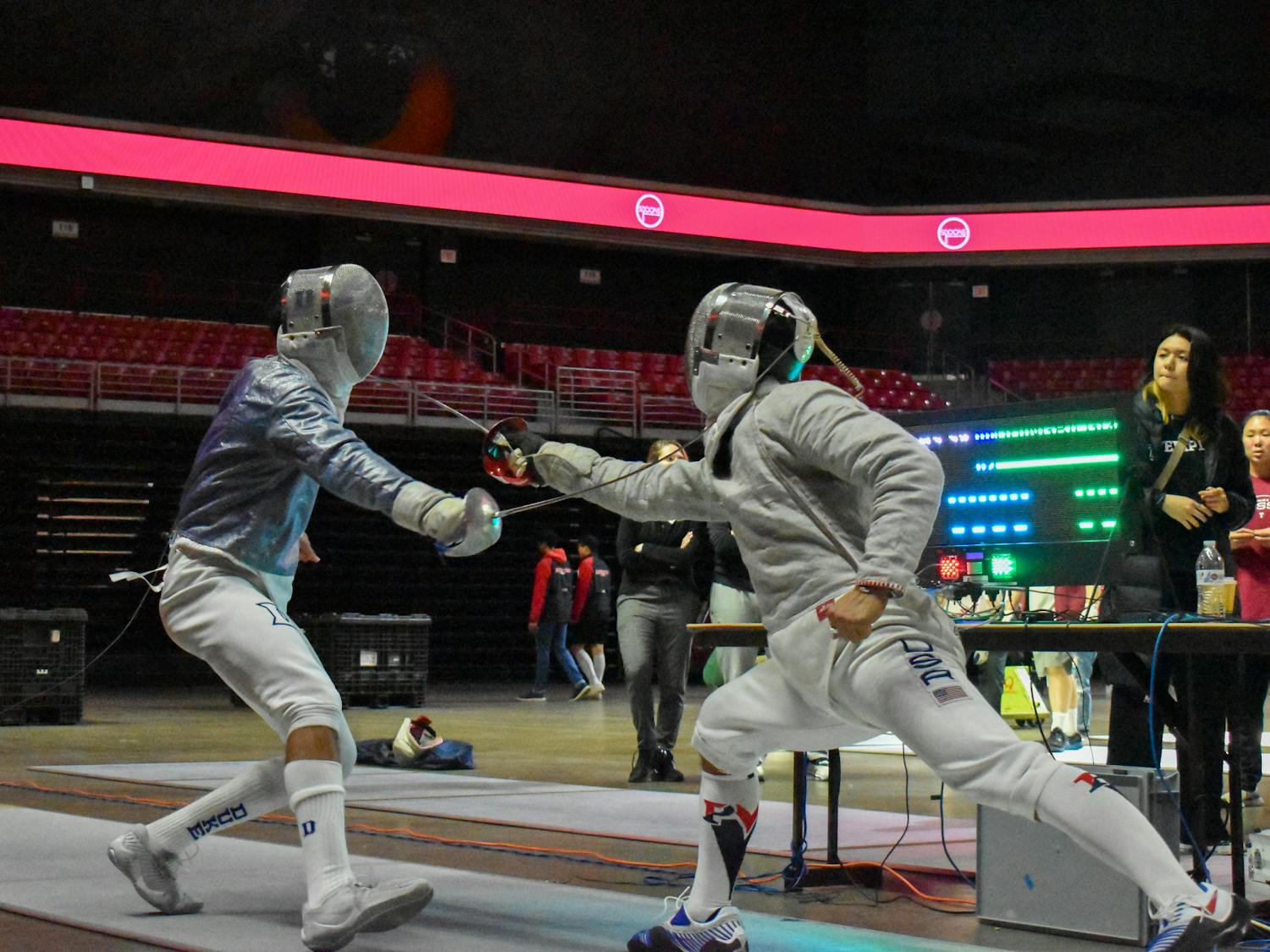After months of speculation, the Ivy League will announce the fate of its fall sports seasons on July 8.
As far as football is concerned, there are only three realistic options.
The first is a fall football season beginning as usual in late September. But as much as I would love to watch Penn and the rest of the Ancient Eight play this semester, it shouldn’t happen.
Coronavirus cases are on the rise and high-level health experts have warned against a traditional fall football season. Additionally, players traveling hundreds of miles for games would likely be in direct violation of the Student Campus Compact, which currently includes a suspension of all Penn-related travel.
The second option is an outright cancellation of the season. This would be unfair to student athletes who would likely not be able to redshirt, and it would be extremely shortsighted to make such a rash decision six months in the future, by which time cases may have declined and we may even have a vaccine.
This leaves the Ivy League with only one option: a spring football season.
Sports Illustrated recently reported that a seven game, all-conference spring season is on the table for the Ivy League. It’s a spectacular idea for many reasons — more than just keeping players and fans safe.
If the Ivy League made this decision and the rest of the college football world decided to play in the fall, it leaves open the possibility that Ivy League football is the only football that will take place in the spring, which has the potential to draw nationwide attention.
And while the caliber of play in the Ancient Eight doesn’t come close to that of the teams we usually watch on Saturday afternoons, it’s better than a lot of people think. As of 2019, there were 22 Ivy alumni on NFL rosters.
Many die-hard football fans, myself included, believe any football is better than no football. For example, 3.1 million people watched opening week of games for the XFL, a second-rate league, this February. While viewership declined as the season went on, the league still drew audiences of more than one million each week, so the spring football market has proven to be alive and well.
A spring season would expose Penn and other Ivy programs to a national audience — assuming television contracts could be worked out — and given that ESPN regularly broadcasts professional cornhole, I’m sure it could.
The move could spotlight the programs, increase athletic revenues, and attract top talent to the Ancient Eight.
However, let’s say that better conferences also decide to play in the spring.
While not as many people would watch the games then, the spring season would still be worthwhile because it could allow for something that has never been seen before: an Ivy League football playoffs.
While the idea hasn’t been reported by any news outlets yet, it makes perfect sense.
Because of League policies, Ivies are not permitted to play more than 10 games per season.
While it can be argued that this rule is outdated and unnecessary, it isn’t going away anytime soon. Therefore, the Ivy League should seize this rare opportunity to implement a postseason.
Since there will be only seven regular season games, the League would be able to do a basketball-style postseason, with the top four teams making a three-game tournament, and the remaining teams going home.
It would eliminate those frustrating Ivy League Championship ties, which have happened three times in the last five years, and it would likely generate considerable fanfare.
And if it works out well, it could open the door for the future. If the Ivy League eliminated two non-conference games, it could have a postseason every year. And I doubt many Ivy fans would lose sleep over forfeiting the chance to take on Sacred Heart or Lafayette if it means a postseason.
Regardless, the Ivy League needs to have a football season in some form. Football generates $3,485,696 in revenue per year for Penn, and the loss of those returns could be catastrophic for the program.
The best, and perhaps only option, is a spring season.

BRANDON PRIDE is a rising Wharton sophomore from Morgan Hill, Calif. and the Summer Sports Editor for The Daily Pennsylvanian. He can be reached at pride@thedp.com.









